Vietnam: What are the effects of the third-person narrative? Will the third-person narrative be included in the Literature curriculum?
What are the effects of the third-person narrative in Vietnam?
The third-person narrative is one of the common storytelling methods in literature, helping authors create unique artistic effects.
*Effects of the third-person narrative:
[1] Objective, comprehensive:
The narrator remains outside the story and does not directly participate in the events.
This allows the author to describe events and characters objectively and comprehensively from various perspectives.
Readers gain a broader view of the story and its characters.
[2] Flexible:
The narrator can freely move between characters, times, and spaces.
This makes the story more lively, engaging, and diverse.
[3] Creates distance:
The distance between the narrator and the character helps the author maintain objectivity and avoid bias.
Readers have the opportunity to evaluate and think about the characters and events independently.
[4] Enhances realism:
The third-person narrative makes the story more realistic, resembling a recounted story.
Readers can easily visualize and empathize with the characters.
[5] Suitable for various genres:
The third-person narrative can be used in various literary genres, from short stories and novels to plays.
*Example of the effect of the third-person narrative:
In the short story "The Village" by Kim Lan, the author uses the third-person narrative to tell about Mr. Hai's love for his village. This allows readers to objectively and profoundly perceive Mr. Hai's feelings and, at the same time, understand better the psychology of the Vietnamese people during the resistance against the French.
In summary, the third-person narrative is an effective tool in the writer’s hands, helping them create deep, artistically rich literary works.
*Note: The information about the effects of the third-person narrative is for reference only./.
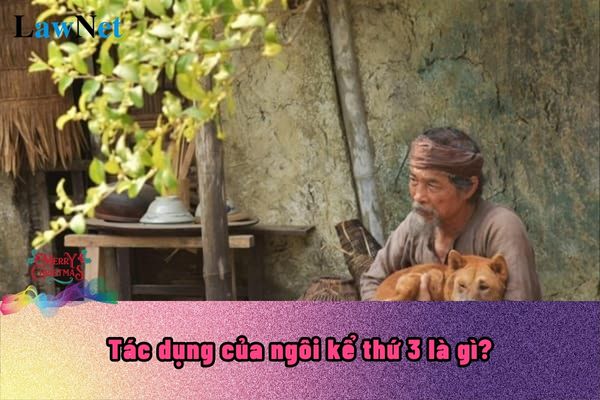
What are the effects of the third-person narrative? Will the third-person narrative be included in the Literature curriculum? (Image from the Internet)
Will the third-person narrative be included in the Literature curriculum in Vietnam?
Under Section 5 of the General Education Program for Literature issued with Circular 32/2018/TT-BGDDT:
1.2. Knowledge
a) Vietnamese Language
....
- Distribution of literature knowledge streams for each grade
+ Primary level: basic understanding of stories and poetry, fictional and non-fictional texts; characters in literary texts, plots, time, space, words, rhyme, poetic rhythm, images, character dialogue.
+ Lower secondary level: understanding of genres (folk tales, short stories, lyrical and narrative poetry; narrative and non-narrative prose; novels and Nom poetry tales, formal and free verse, tragedy and comedy); the lyrical subject and lyrical characters; expressive and cognitive value of the literary work; some formal elements and artistic techniques in each literary genre (narrator, first-person narrator, third-person narrator, character, perspective, changes in narrator and perspective, conflict, space and time, narrator’s word and character’s word, lyrical emotional flow, words, images, rhyme, rhythm, poetic rules, structure); a brief summary of literary history by the end of grade 9.
Thus, the third-person narrative will be included in the Literature curriculum at the lower secondary level.
According to the General Education Program for Literature, what percentage of the duration of the 6th-grade Literature curriculum does periodic assessment account for?
Under the General Education Program for Literature issued with Circular 32/2018/TT-BGDDT, the program duration is stipulated as follows:
- Program duration in grades (according to the number of lessons)
| Grade 1 | Grade 2 | Grade 3 | Grade 4 | Grade 5 | 6th-grade | Grade 7 | Grade 8 | Grade 9 | Grade 10 | Grade 11 | Grade 12 |
| 420 | 350 | 245 | 245 | 245 | 140 | 140 | 140 | 140 | 105 | 105 | 105 |
At the upper secondary level, each grade has an additional 35 periods for elective academic topics.
- Time allocated for educational content
The time allocated for educational content is decided by textbook authors and teachers based on the requirements to be achieved at each grade and the reality of teaching. However, it is necessary to ensure a reasonable balance between the following components:
+ Between knowledge equipping and skill training (focusing on skill practice and application).
+ Between types of reading, writing, speaking, and listening texts (more time allocated for reading literary texts).
+ Between reading, writing, speaking, and listening skills (more time allocated for reading skills); specifically, the time allocated for skills in each grade is as follows:
| Grade Group | Reading | Writing | Speaking and Listening | Periodic Assessment |
| From Grade 1 to Grade 3 | about 60% | about 25% | about 10% | about 5% |
| From Grade 4 to Grade 5 | about 63% | about 22% | about 10% | about 5% |
| From Grade 6 to Grade 9 | about 63% | about 22% | about 10% | about 5% |
| From Grade 10 to Grade 12 | about 60% | about 25% | about 10% | about 5% |
Thus, according to regulations, periodic assessment accounts for about 5% of the duration of the 6th-grade Literature curriculum.



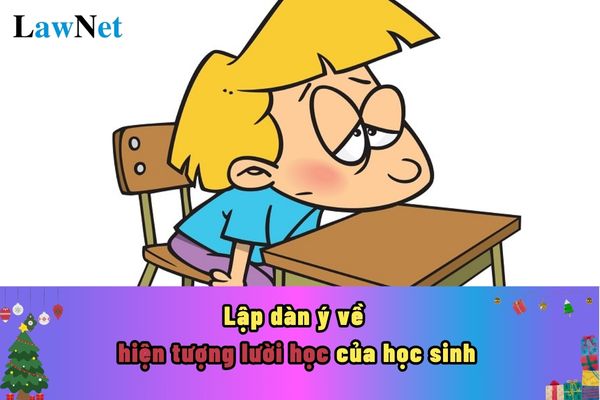
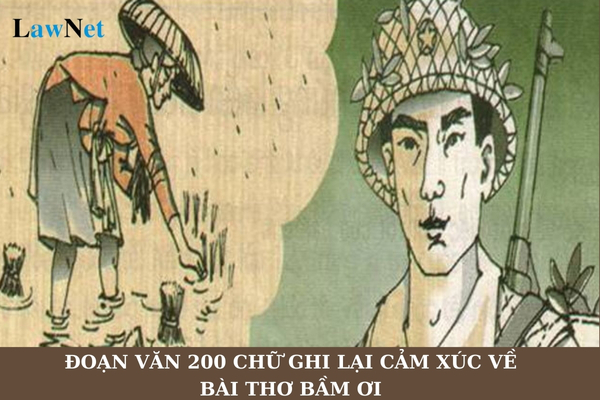
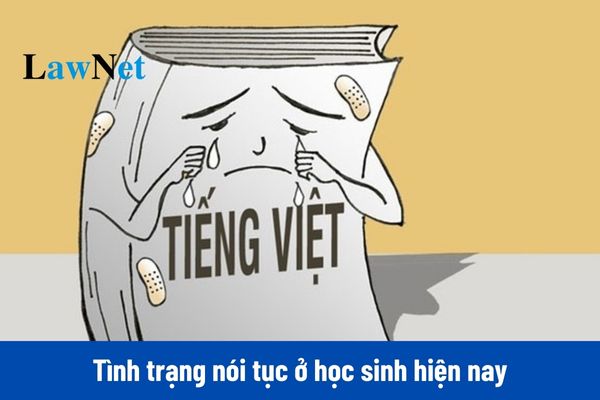
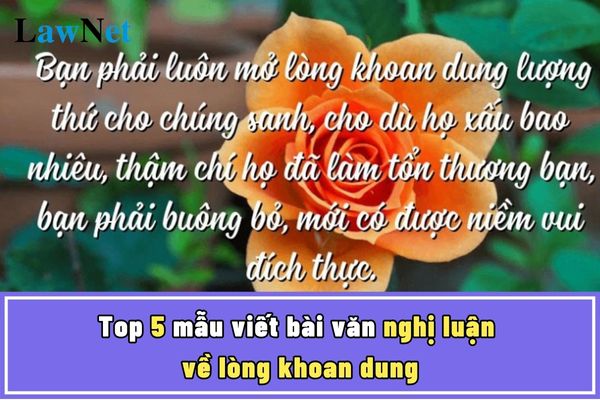
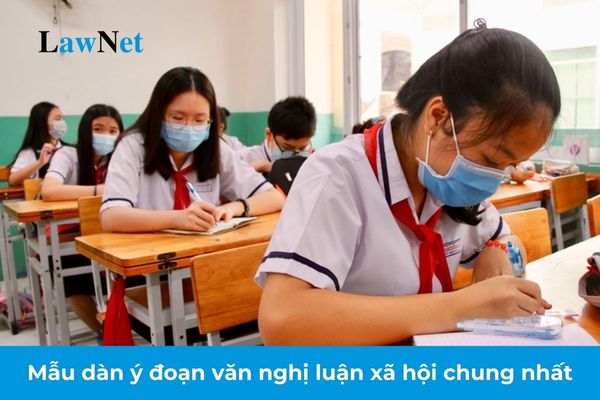
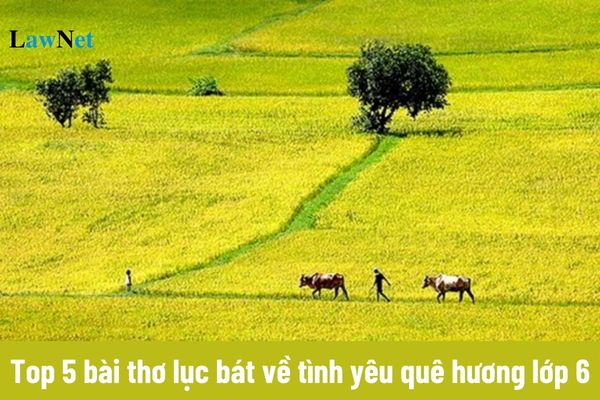
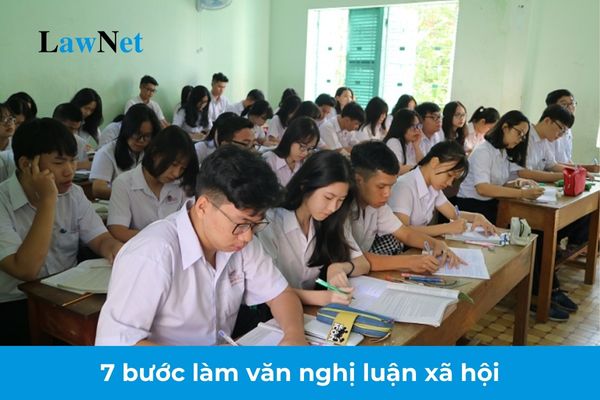
- What are details of the Cultural Heritage Law 2024? What are regulations on educational activities of museums in Vietnam?
- Where is Congo? When do students in Vietnam learn about the geographical location of African?
- How to prevent school violence in vocational education institutions in Vietnam?
- Vietnam: What are the guidelines for making a Christmas tree from cardboard? May students participate in making Christmas Trees from cardboard held by their classes?
- What are guidelines on handling incidents of school violence in Vietnam?
- What is Google Scholar? What contents must be included in the Regulation on the organization of online university training in Vietnam?
- Vietnam: What are the coloring pages themed Tet and Spring for children? What are the 03 available types of preschool education institutions?
- What is social evil? What are objectives for preventing and combating drug-related social evils in schools by 2025 in Vietnam?
- What is the sample outline for an essay showing feelings on the town scene at night in the short story "Hai đứa trẻ"? What are the requirements for the programmes of general education in Vietnam?
- What are the sample social argumentative essays on the waste of idle time among Vietnamese youth? What is the basis for assessing the training results of 11th-grade students?

